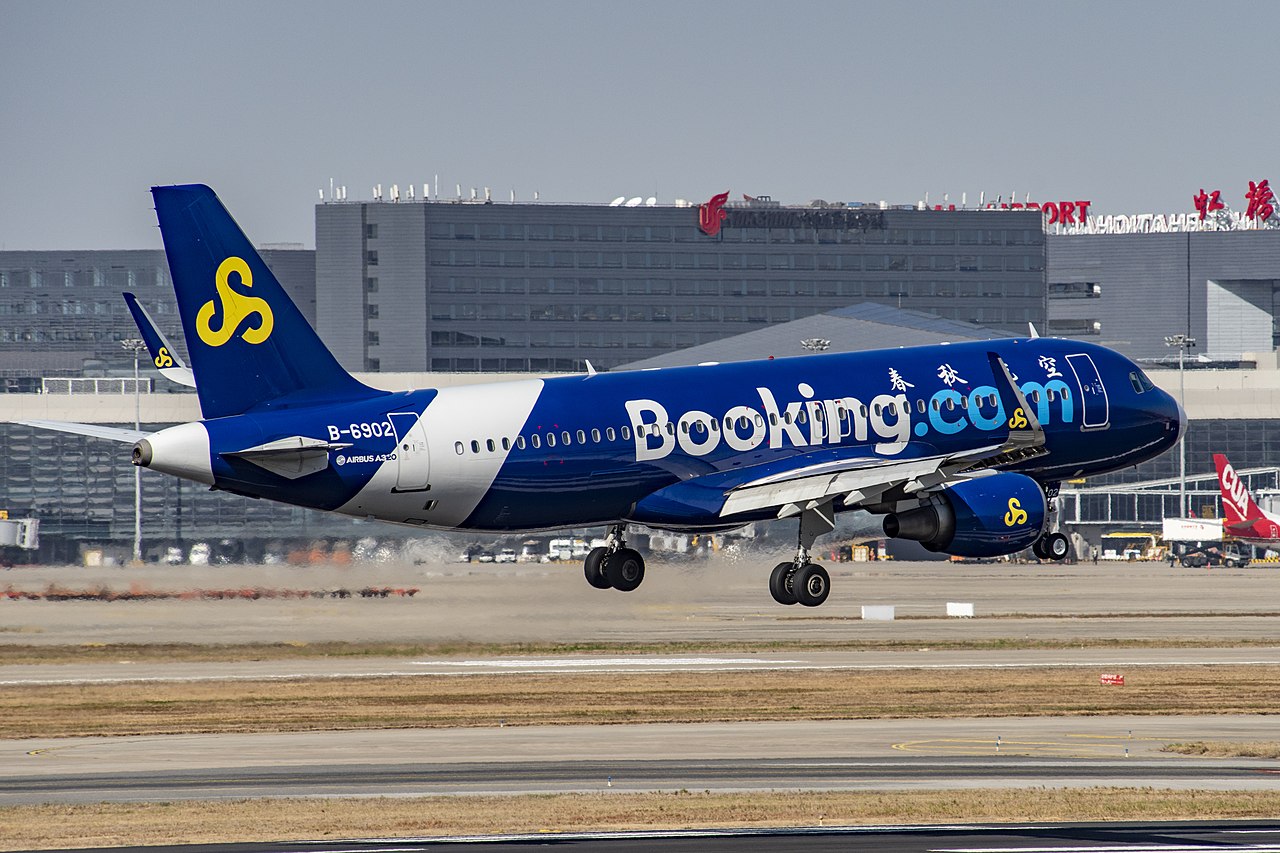Booking Focuses on U.S. Short-Term Rental Growth While Airbnb Looks Abroad

Skift Take
Booking.com and Airbnb are raiding each other's territories. With their different roots, Booking.com needs to grow short-term rentals in the U.S. while Airbnb seeks to expand in Europe and elsewhere internationally.
Booking Holdings Chief Financial Officer David Goulden said this week that the flagship Booking.com brand launched its short-term rental business as a supplement to hotels "15-plus years" ago, which is roughly around the time Airbnb got going in San Francisco.
But Booking.com's business line revolved mostly around apartment hotels in Europe while Airbnb focused on owners and tenants renting out apartments in U.S. cities.
Airbnb, as a private company, became a break-out leader in part because it didn't worry as much about local regulations. Booking.com, as a public company, was more cautious.
Short-Term Rentals U.S. Versus E
